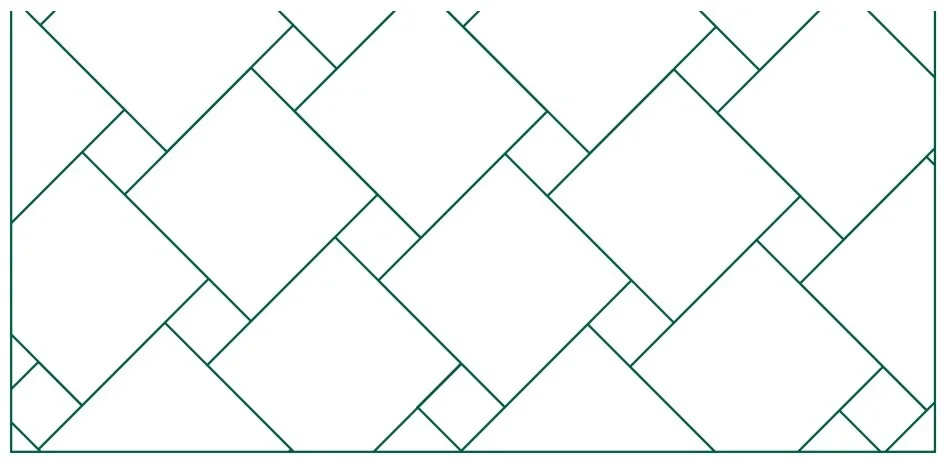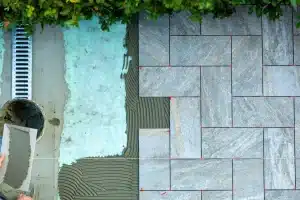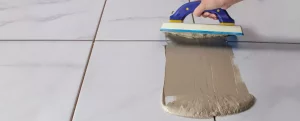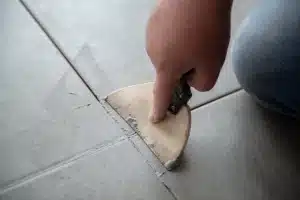
Menu
Edit
ADDRESS
Pidilite Industries Ltd,
Ramkrishna Mandir Road,
P.O. Box No. 17411,
Andheri (East) Mumbai – 400059
Check out the biggest trends of the season and our expert take on them.
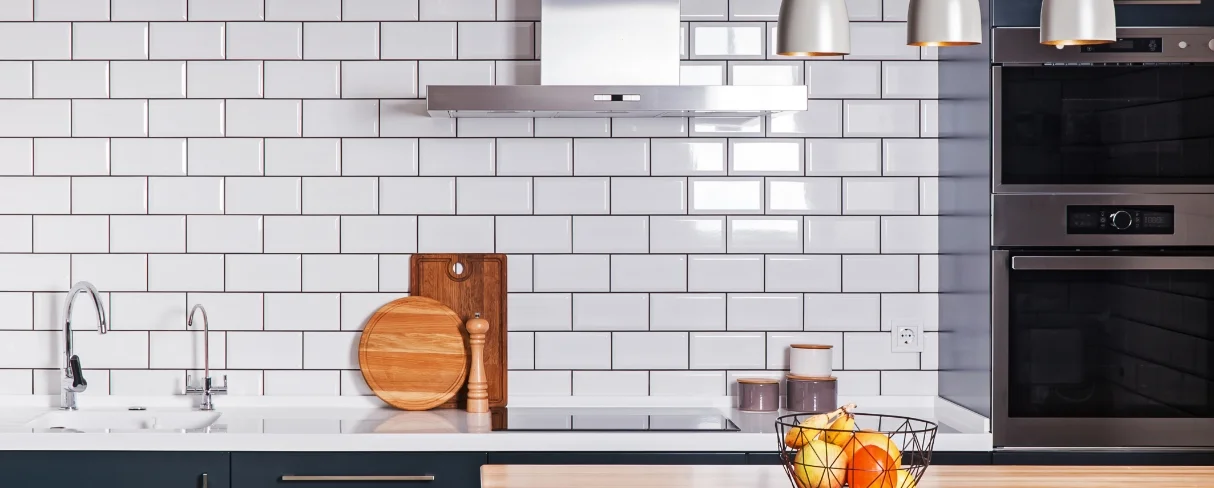
There are numerous ways to lay tiles in homes. Each style creates a different feel, using colours and techniques to create a distinct setting. Let us understand what some of these trends are:
Stack bond
This tile design is the simplest. One needs to stack tiles, one on top of the other in a straight line. This is also the favorite option of the minimalists. This lay helps the tiles to blend in with the room and doesn’t make it stand out providing space for other features of the room to stand out.
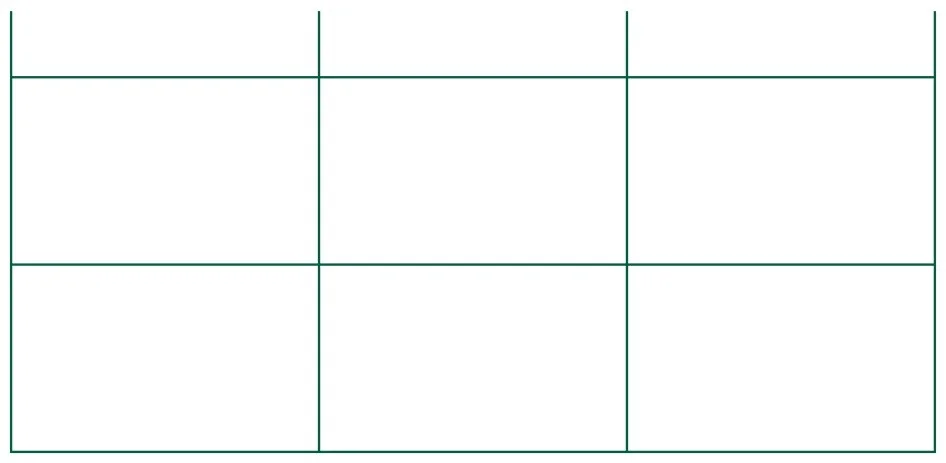
Stretcher
This lay of tiles creates the effect of being both in order and out of order. While the tiles are in order in the horizontal direction, vertically the lines are far from being in order. The center of the tile below should be in line with the tile joint between the tiles above it. This is a classic design opted by both professionals and novices alike.
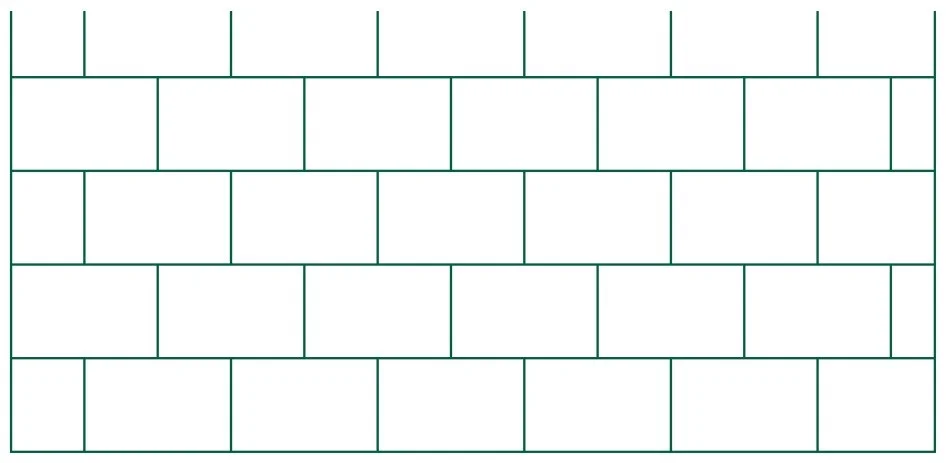
English bond
This one is another simple approach. Each row of tile will alternate from rectangle to square tiles. The square tiles need to be placed at the center of the rectangular tile. From thereon, the square tiles need to just get filled in the layer.
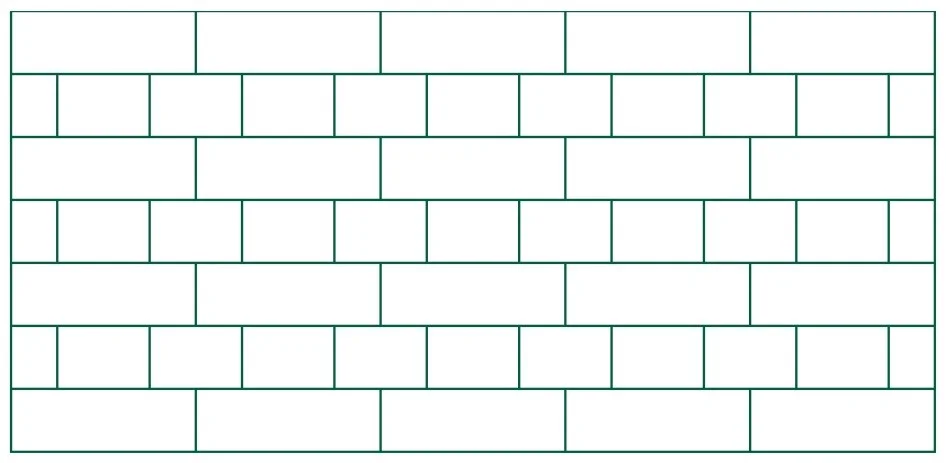
Windmill
The windmill tile lay can be extremely beautiful making the tile designs more prominent. At first, this type of lay may seem complicated, but once the foundation level is laid, the subsequent levels are easy. What one needs to do is place four rectangular tiles around a square tile. Using contrast grout color will make the design more evident. This style is definitely not for the minimalists.
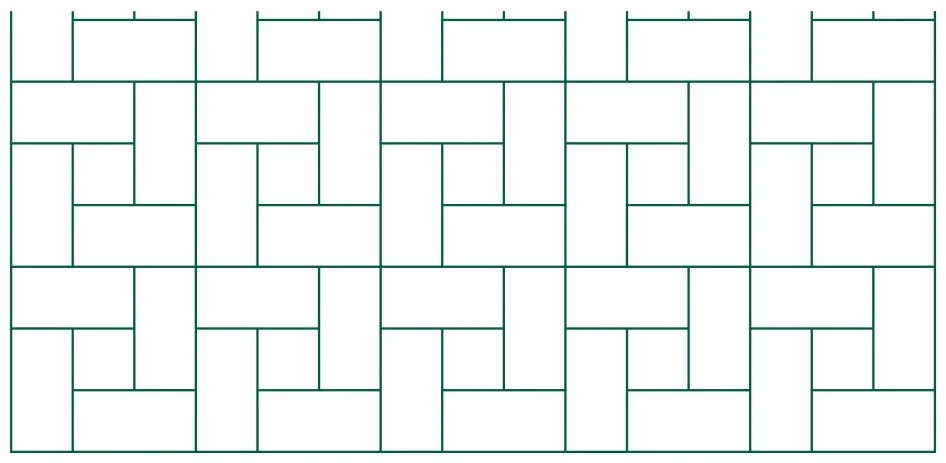
Herringbone
When tiles are kept at 45 degrees in opposite directions to form a V shape, that’s when the herringbone design is created. Similar to the diagonal lay, this design helps to create space in a room. This design was first adopted in Europe and has been popular for centuries for its design and elegance.
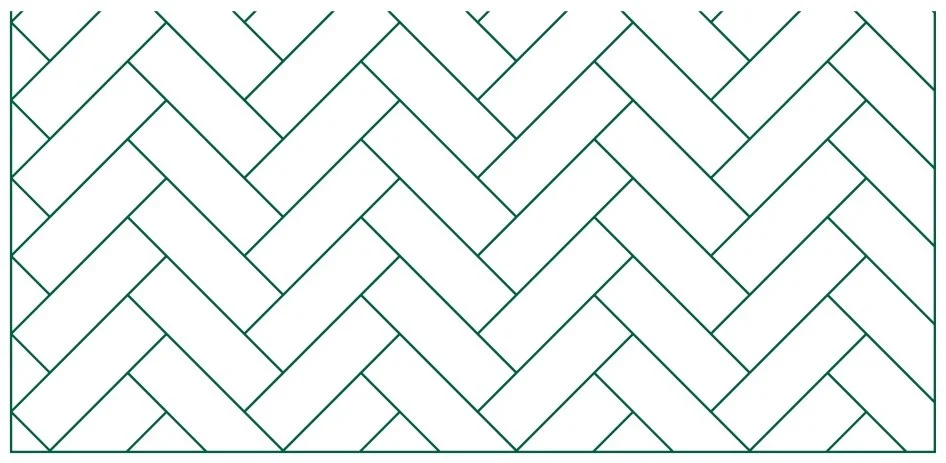
Basket weave
This pattern utilizes rectangular tiles only. Two rectangular tiles are placed together to form a square. The next set of rectangular tiles is placed at 90 degrees from the previous lay. This pattern gives the impression that the walls are woven and is a definite delight to the eye.
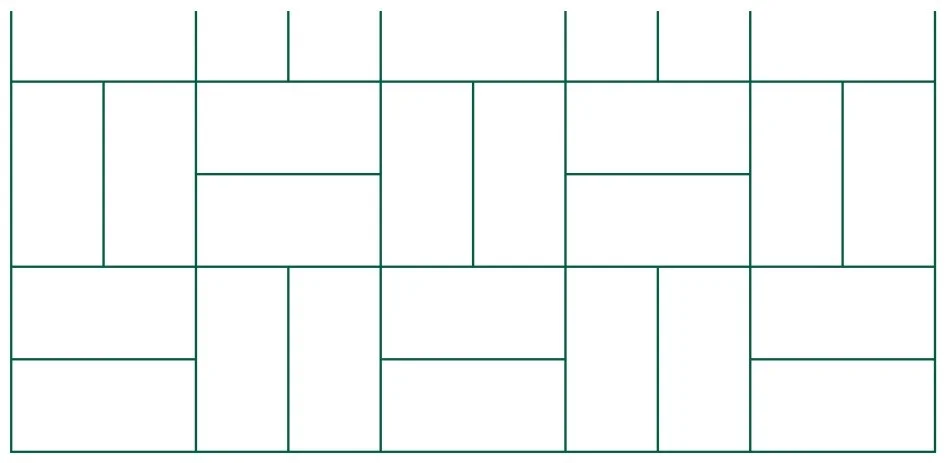
Hopscotch
If you liked the windmill lay, you’ll love the hopscotch pattern! The difference is that instead of using rectangle tiles to wrap around smaller square tiles, you use square tiles. Also known as pinwheel lay, hopscotch gives the visual effect of a spinning wheel. Alternating the colors of tiles will make this pattern more vibrant!
